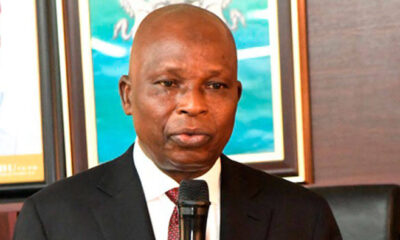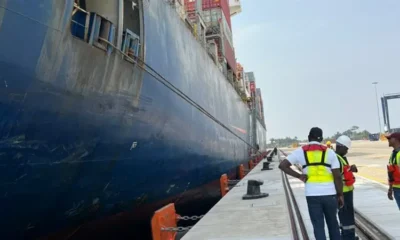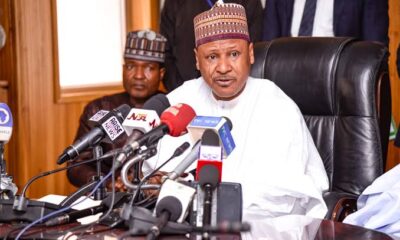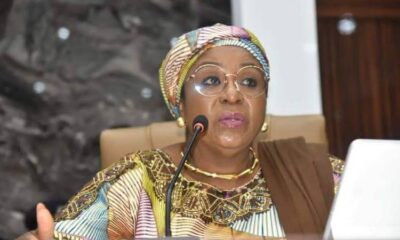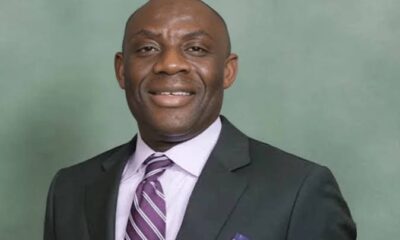The Nation
Nigerian Gov’t distributes 1,200 CNG conversion kits to five states
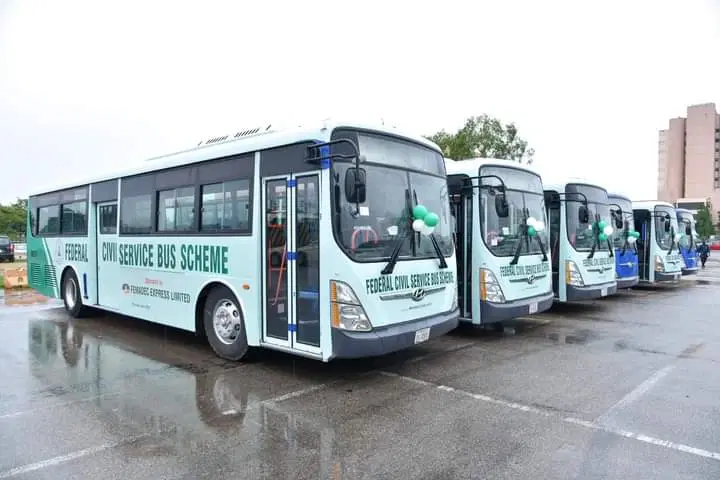
As part of its ongoing efforts to reduce reliance on petrol and diesel, the Nigerian federal government has distributed 1,200 vehicle conversion kits for Compressed Natural Gas (CNG) to five states.
The initiative aims to encourage the conversion of vehicles to CNG, a more affordable and environmentally friendly fuel alternative.
The Director/CEO of the Presidential Compressed Natural Gas Initiative, Engr. Michael Oluwagbemi, announced the development in Abuja.
He emphasized that the government is committed to expanding the use of CNG across the country, addressing the economic and environmental drawbacks of Nigeria’s long-term dependency on petrol and diesel.
Oluwagbemi noted that Nigeria spends between $6 and $8 billion annually subsidizing petrol and diesel, making it crucial to explore alternatives like CNG.
“The worrying thing is that the bulk of this money is borrowed,” he stated.
He said the target was to have at least 18,000 vehicles running on CNG by the end of the year, with additional 250,000 conversion kits expected in the country before the end of the first quarter of 2025.
“We are expecting additional 12,000 kits in the next 30 days, which I believe will enable us to be able to get 18,000 conversions done by the end of this year, which will be on track to achieve the 21,000 target.
“We expect additional 100,000 to 250,000 kits before the end of first quarter next year. That will then enable us hit our goal of 150,000 directly enabled conversions next year.
”In terms of conversion centres, when we started out there were only seven conversion centres in Nigeria, our target initially was to have 100 of them set up this year, but I’m pleased to announce to you that today we have over 130 conversion centres in the country as a result of our work.
“I think before the end of the year we will have additional 120 to take us to 250 before the end of this year. Every day we have business people and entrepreneurs coming to us, asking us for templates and support in terms of how and what we should do, where we should place these conversion centres, and we continue to work with them,” he added.


